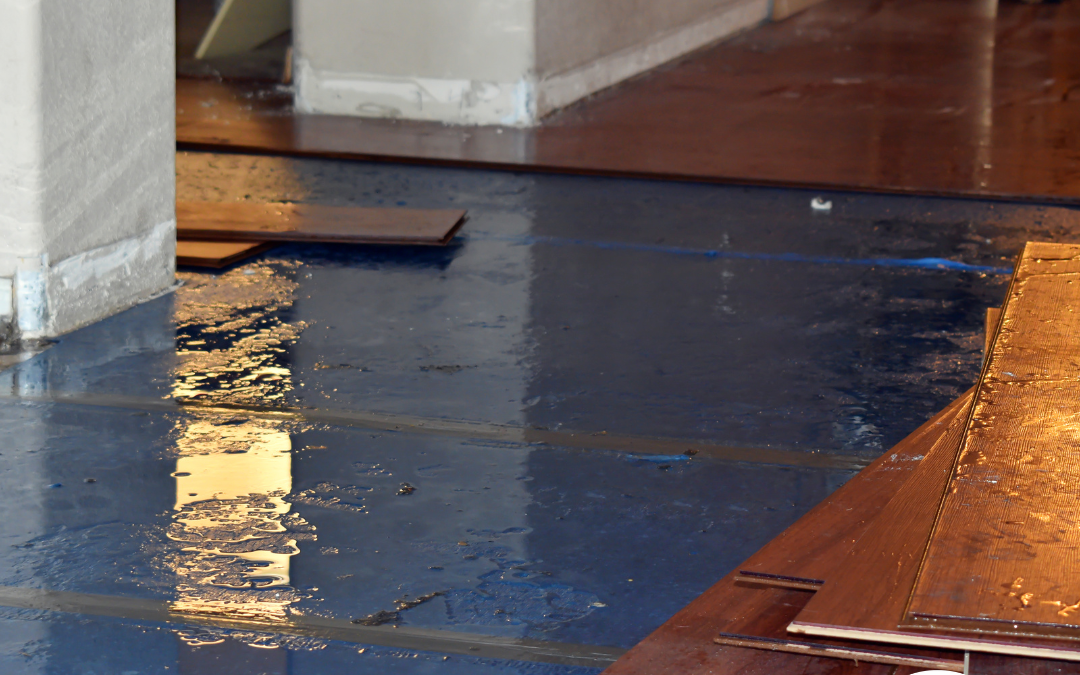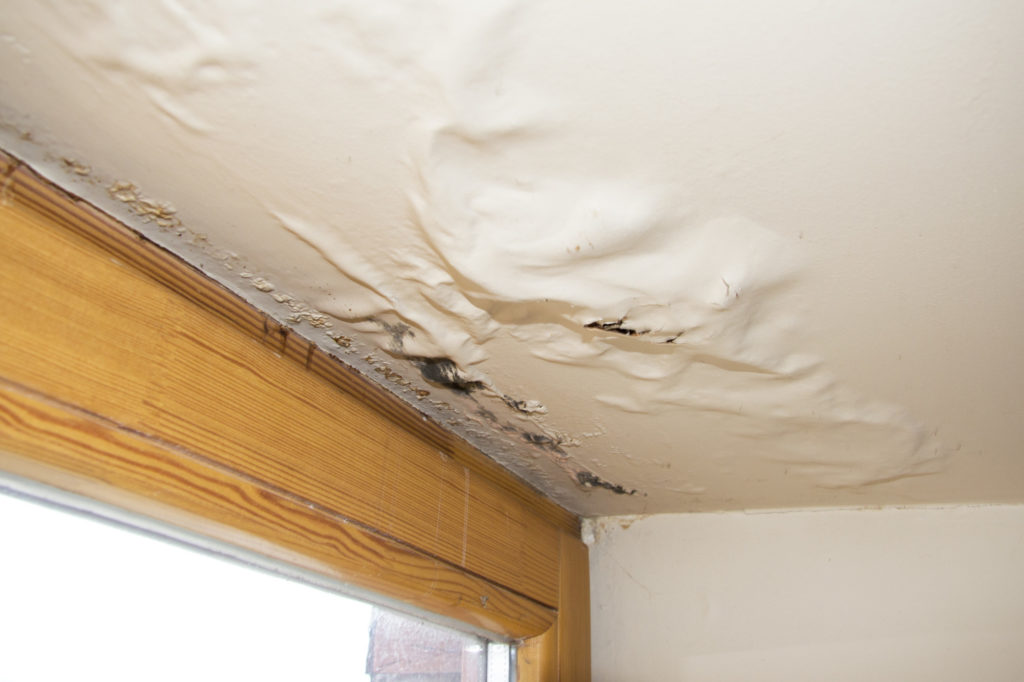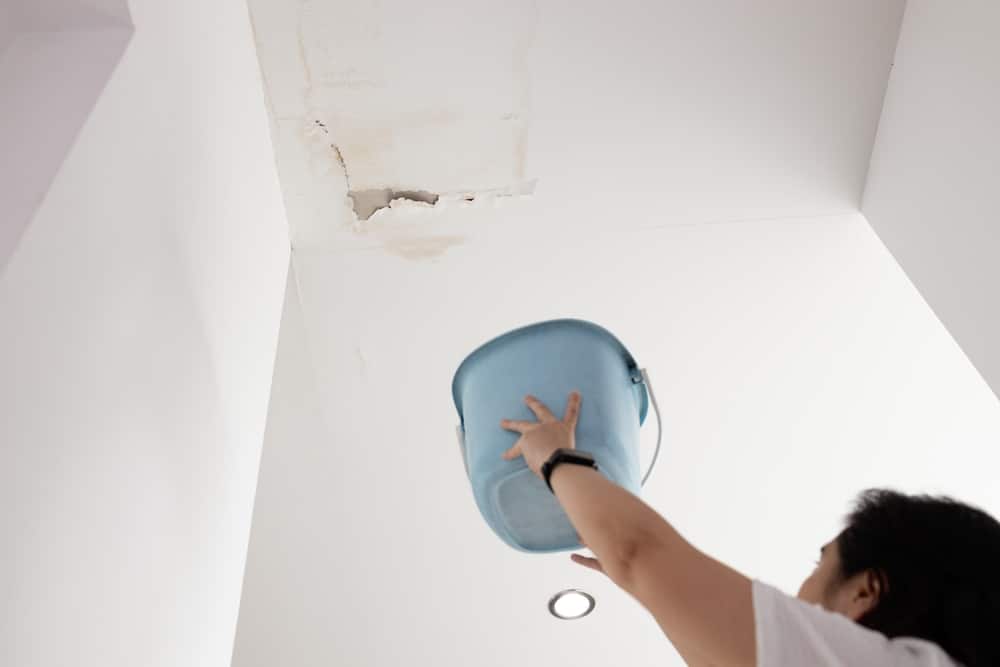In today’s digital age, the integration of technology in various aspects of life has become more pronounced than ever. One such area experiencing a significant transformation is the real estate sector through Virtual Property Inspections with Smart Tools. This advancement is not only reshaping how we view properties but also modernizing the entire buying and selling process. Whether you’re a tech enthusiast or a potential homebuyer, understanding how these tools work can be incredibly beneficial.

The Rise of Virtual Property Inspections
The concept of virtual property inspections has gained traction in recent years, primarily due to technological advancements and the increasing demand for convenience in real estate transactions. These inspections allow potential buyers to explore properties remotely, saving both time and resources. With the help of smart tools, individuals can now conduct thorough inspections from the comfort of their homes. This shift is particularly beneficial in today’s fast-paced world where time is often limited.
Key Benefits of Virtual Inspections
One of the most significant advantages of virtual property inspections is the ability to view properties regardless of geographical constraints. Prospective buyers can now explore homes in different cities or even countries without the need for physical travel. Additionally, smart tools provide detailed and accurate information, allowing buyers to make informed decisions. For more insights on how technology is revolutionizing property management, you can visit smart property management practices.
How Smart Tools Enhance the Inspection Process
Smart tools play a crucial role in enhancing the quality and efficiency of virtual property inspections. These tools include 3D virtual tours, augmented reality (AR), and artificial intelligence (AI) applications that offer immersive and interactive experiences. By utilizing these technologies, buyers can gain a realistic understanding of the property’s layout, features, and overall condition.
3D Virtual Tours
3D virtual tours provide a comprehensive view of the property, allowing potential buyers to navigate through each room at their own pace. This interactive experience enables buyers to focus on specific areas of interest, ensuring that they are satisfied with the property’s features and layout. Additionally, these tours often include detailed descriptions and measurements, further aiding the decision-making process.
Augmented Reality (AR)
Augmented reality is another powerful tool used in virtual property inspections. By overlaying digital information onto the real world, AR allows buyers to visualize how the property would look with different furnishings or renovations. This capability not only enhances the buying experience but also helps buyers envision themselves living in the space.
Artificial Intelligence (AI) Applications
Artificial intelligence applications are increasingly being used to analyze property data and provide insights on market trends, pricing, and potential investment opportunities. By leveraging AI, buyers can make more informed decisions and gain a competitive edge in the real estate market.
Challenges and Solutions in Virtual Property Inspections
While virtual property inspections offer numerous benefits, they are not without challenges. One common issue is the potential for technical difficulties, such as poor internet connectivity or software glitches. To overcome these challenges, it is essential to ensure that all technical aspects are thoroughly tested and optimized before conducting inspections.
Ensuring Accurate and Reliable Information
Another challenge is ensuring that the information provided during virtual inspections is accurate and reliable. To address this concern, it is crucial to work with reputable real estate agents and technology providers who prioritize transparency and accuracy in their offerings. You can learn more about the benefits of property management systems by visiting property management systems.
The Future of Real Estate with Virtual Inspections
As technology continues to advance, the future of virtual property inspections looks promising. With ongoing developments in AI, AR, and other smart technologies, the real estate industry is poised to become even more efficient and accessible. For those interested in exploring further, there’s a wealth of information on blockchain in property management and its impact on the industry.
Adapting to Changing Consumer Needs
As consumer needs and preferences evolve, real estate professionals must adapt to these changes by embracing technology and offering innovative solutions. By doing so, they can provide exceptional service and meet the demands of modern homebuyers.
The Role of Smart Tools in Sustainable Real Estate
Smart tools are also playing a significant role in promoting sustainability within the real estate sector. By optimizing energy usage and reducing waste, these technologies contribute to the development of eco-friendly properties, which are increasingly in demand among environmentally conscious consumers. For more information on sustainable property development, check out the article on increasing property value with smart tech.
Conclusion
In conclusion, Virtual Property Inspections with Smart Tools are revolutionizing the real estate industry by providing convenience, accuracy, and innovation. As technology continues to evolve, these inspections will become even more integral to the buying and selling process. Whether you’re a tech enthusiast, a real estate professional, or a potential homebuyer, understanding and embracing these tools can lead to a more efficient and enjoyable property experience.

FAQs
What are the main benefits of virtual property inspections?
The main benefits include convenience, accessibility, and the ability to view properties remotely, saving time and resources.
How do smart tools enhance the property inspection process?
Smart tools like 3D virtual tours, AR, and AI applications provide immersive experiences and detailed insights, aiding in informed decision-making.
What challenges might arise during virtual property inspections?
Potential challenges include technical difficulties and ensuring accurate information. Working with reputable agents and technology providers can help mitigate these issues.
This article contains affiliate links. We may earn a commission at no extra cost to you.






